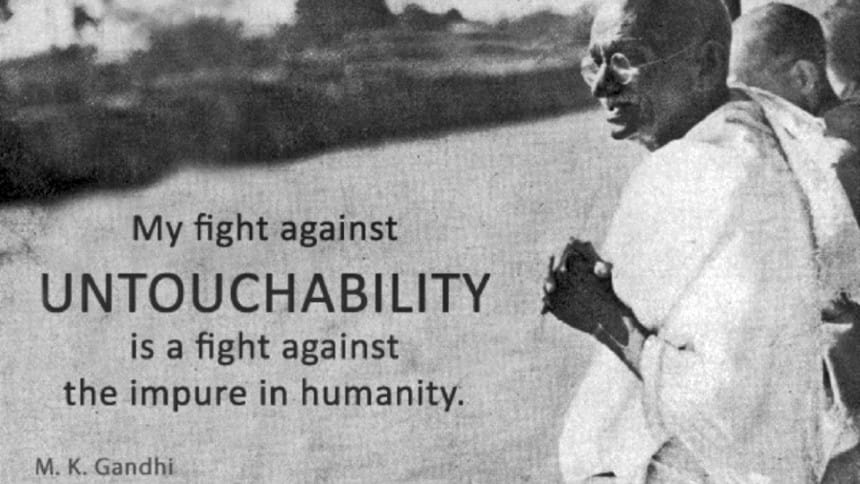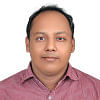Ensuring rights of the Harijan community

GOD has created us as equal but we the human beings have differentiated ourselves in many division, sub-division and so on. The caste system has been continuing as a long practice in the Hindu society for time immemorial. The four castes namely, the Brahmin, Kshatriya, Vaishya and Sudra castes groups are generally determined in terms of 'karma' (deeds) and 'dharma' (belief) doctrines. The Harijans are a kind of community who are under the sub-division of Sudra caste. 'Harijan', meaning the 'Children of God', was a term first used by Gandhi to refer to the 'Dalits' back in 1932. When Gandhi started using the term, many including BR Ambedkar objected to it, stating that it was condescending and obscurantist in nature. The Supreme Court of India has declared the term 'Harijan' as abusive and insulting to the people belonging to the lower caste. However, in Bangladesh, the Implementation Manual of Livelihood Development of Dalit, Harijan and Bede 2013 sanctions use of the term 'Harijan'.
Under the constitutional law of Bangladesh and international law such as the Universal Declaration of Human Rights (UDHR), the International Covenant for Economic, Social and Cultural Rights (ICESCR), and the International Covenant for Civil and Political Rights (ICCPR), the Harijans are entitled to be recognised with human dignity.
At present, according to Ministry of Social Welfare, out of total population, 15 lac people consist of Harijan community. Baashfor, Domar, Rawuth, Telegu, Hena, Hari, Laal-beghi, Balliki, Doam, etc... are races from the Harijan community. Despite their significant role in the society, they are deprived of the rights which they deserve to get. Though the Harijans in undivided India used to enjoy and be recognised by the civil society, the secluded communities in undivided Pakistan and undivided Bangladesh were debarred from the enjoyments of rights and acceptance in the society. The whole Harijan community in the then Bangladesh remained socially isolated and segregated. Members of the Harijan community used to face the practice of untouchability and different kinds of discrimination from the State as well as the society. Enjoying rights to education, health, shelter and others is still a matter of struggle for them in many parts of Bangladesh.
As a part of Sudra caste, even the personal law is quite unfair to them. Succession, adoption, marriage system – all is differently applied for them. Not only by religious practice, but also by different social restrictions, communities like Harijan and Dalits are deprived of basic human rights. Being the “Shebok” of society, they are remained untouchable to the mainstream population of the society. The doors of temple are open to all, but, we the so called upper caste people of society have built an artificial wall of 'segregation' for them. Hence, the responsibility of State is to protect and ensure social justice for the Harijan community.
Adopted by the Government of Bangladesh, the Implementation Manual of Livelihood Development of Dalit, Harijan and Bede 2013 is yet to be implemented. Even in big cities like Dhaka, Chittagong, Rajshahi, maximum people from the Harijan community are far away from enjoying their human rights. Therefore, pilot projects and a close monitoring system need to be developed for ensuring rights of the Harijan community. A uniform law can plausibly be proposed and introduced debarring all discriminations among different castes of the Hindu community.
Cross-cultural bondage between mainstream society and the Harijan society should be developed undoubtedly. Their work and contribution should be respected by all in our society. Being the 'Children of God', the Harijan community has left no stone unturned to satisfy the society at large. But in return, does the society give minimum social justice, security and respect to them? The answer is perhaps known to all. It is high time to stand together and break all psychological and societal barriers in order to build up an inclusive society for all of us.
THE WRITER IS AN ASSISTANT JUDGE, SUNAMGANJ DISTRICT JUDGE COURT, BANGLADESH.

 For all latest news, follow The Daily Star's Google News channel.
For all latest news, follow The Daily Star's Google News channel. 



Comments